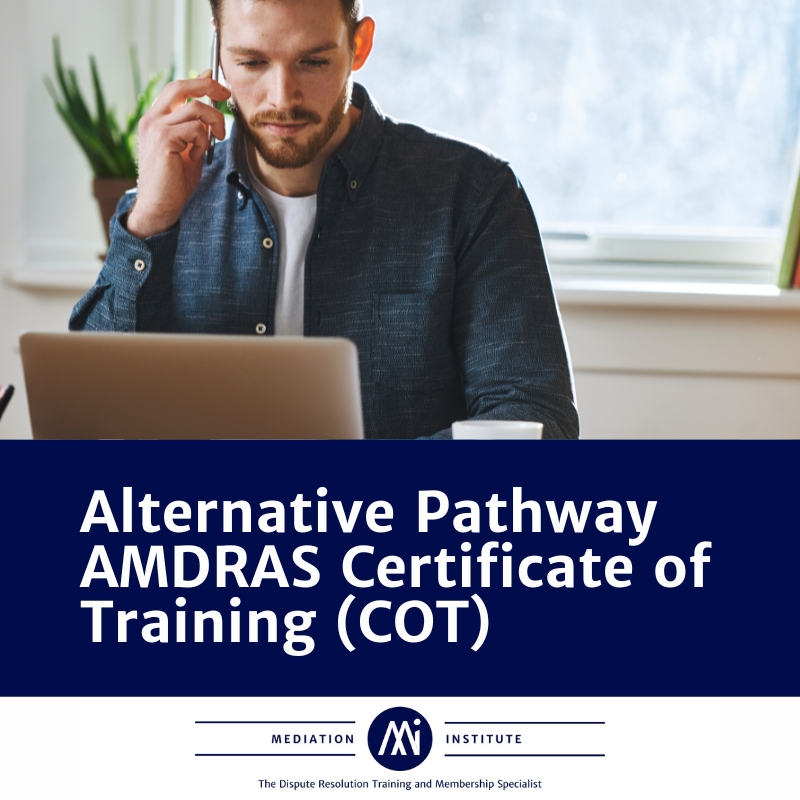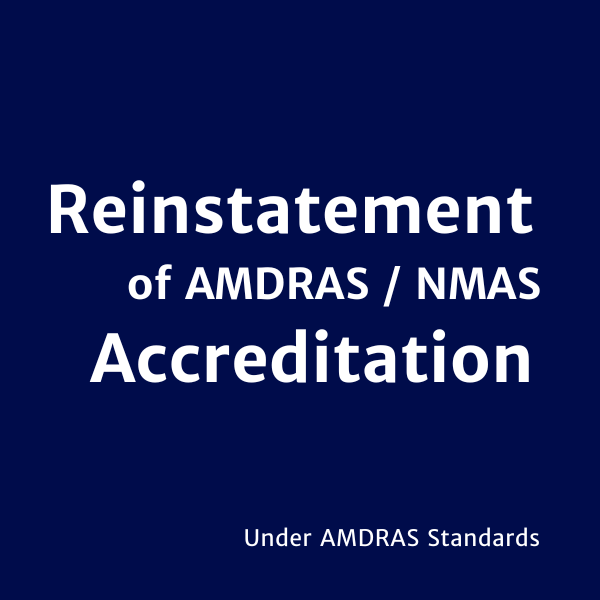
What is Mediation?
Explains the process of Mediation and why choose to train as a mediator.
Reflective practice is a process and skill professionals use to think critically about and improve their work.
It is a way to learn from experience by thinking about what you did, the effect it had on you and on the results that your client got. The next step is to consider what other options you may have had and how you may apply them in the future to see if you can get better results for your client.
We all think about what happened in the past from time to time, and sometimes, this can even be a problem if something traumatic or distressing happens to us. Reflective practice can be protective and help us come to terms with difficult client situations so that they do not affect our mental health.
There is a difference between thinking about something and reflective practice. Reflective practice requires us to consciously think about events to develop our insight, taking the learnings and then letting go.
Once you get into the habit of using reflective practice, you will probably find it useful both at work and at home.
Reflective practice is, in its simplest form, thinking about or reflecting on what you do. It is closely linked to the concept of learning from experience, in that you think about what you did, and what happened, and decide from that what you would do differently next time.
Thinking about what has happened is part of being human. However, the difference between casual ‘thinking’ and ‘reflective practice’ is that reflective practice requires a conscious effort to think about events, and develop insights into them. Once you get into the habit of using reflective practice, you will probably find it useful both at work and at home.
Read more at: https://www.skillsyouneed.com/ps/reflective-practice.html
According to Moon, J. (1999), Reflection in Learning and Professional Development: Theory and Practice
“Reflective practice is an active, dynamic action-based and ethical set of skills, placed in real time and dealing with real, complex and difficult situations.”
Neil Thompson in his book People Skills advises the following to support reflective practice.

In fact reflective practice has much better perspectives when it is a shared activity.
Getting the input of others is an essential part of reflective practice because if you have nothing to compare your practice to it is unlikely that you will develop new insights or innovations as easily.
Sharing ideas also requires a process of refining them in order to say them out loud. This is part of learning and remembering. We all remember brilliant ideas that we know we’ve had but forgotten!
Some learning theoreticist believe that is because ideas need to be written or spoken to be remembered. That indicates that keeping a practice journal may be a good idea for those who are working alone such as dispute resolution professionals.
Peer Supervision is an option for reflective practice. Visit our Events in the Members Portal to register for the next session. Events | Events (mimembers.au)

Explains the process of Mediation and why choose to train as a mediator.

AMDRAS COT Alternative Pathway | Mediation Institute AMDRAS • Certificate of Training • Alternative Pathway AMDRAS COT Alternative Pathway If

How to reinstate lapsed accreditation as a mediator. This post provides information about the current requirements for nationally accredited mediators in Australia to re-instate lapsed national accreditation under the NMAS and AMDRAS systems